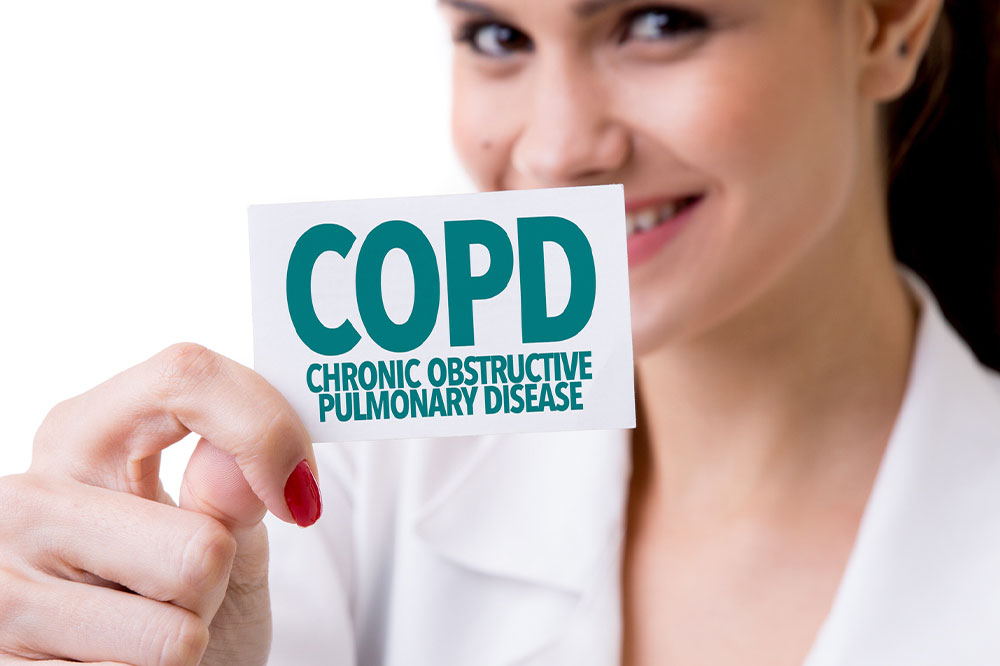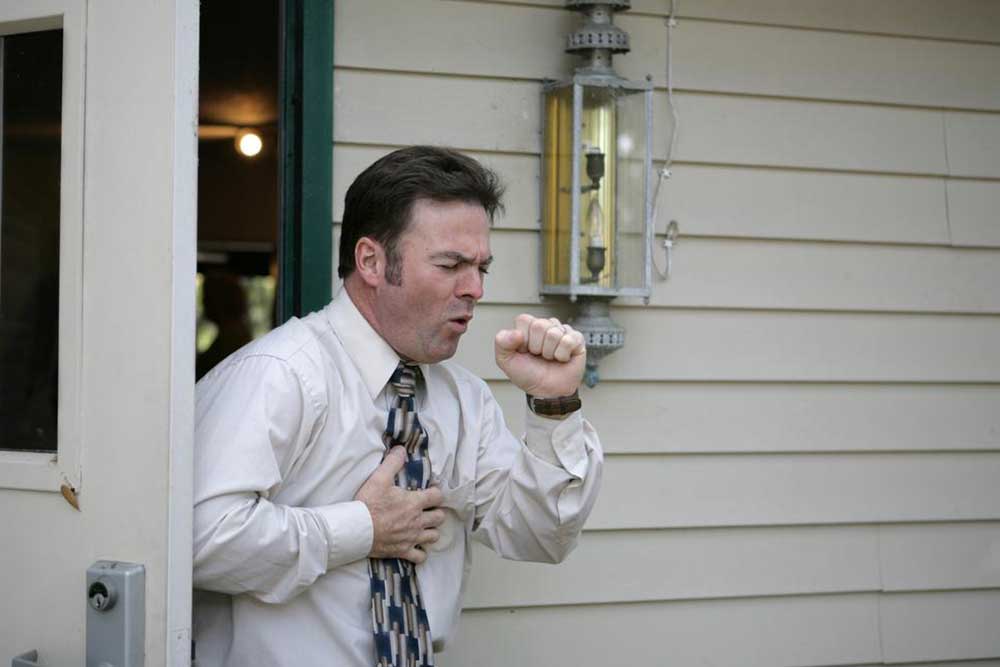Recognizing Advanced COPD Symptoms and Associated Risks
This article explores the critical symptoms and complications of end-stage COPD, emphasizing the importance of early detection and management. It details signs such as severe breathing issues, weight loss, and cognitive problems, along with associated health risks like infections and organ failure. The piece highlights treatment approaches, including palliative care and oxygen therapy, to improve patients' quality of life during the final disease stages. Understanding these symptoms is crucial for timely intervention and better health outcomes.

Recognizing Advanced COPD Symptoms and Associated Risks
Chronic Obstructive Pulmonary Disease (COPD) encompasses a group of long-term lung conditions that cause irreversible tissue damage. The lungs are responsible for absorbing oxygen and removing carbon dioxide, but COPD impairs this essential process. Unfortunately, there is no cure for COPD. Medical professionals base treatment options on the severity of symptoms, especially during the final stages of the disease.
Stage IV – Critical COPD Symptoms
In the terminal phase of COPD, individuals often experience dangerously low blood oxygen levels, known as hypoxemia, or low oxygen in tissues, called hypoxia.
One prominent sign is a bluish tint on the skin, due to insufficient oxygen circulation. Additionally, many other symptoms become more apparent and persistent.
Breathing Difficulties
As COPD progresses, shortness of breath during minimal activity or even while resting becomes common. Abnormal sounds like crackling may also be heard during normal breathing when airways are severely affected. This situation occurs when the air passages from the nose to the lungs face serious obstruction.
Impact on Daily Activities
Inability to perform everyday tasks, such as walking short distances or dressing, indicates advanced COPD. Even routine exertion can become difficult due to breathing issues.
Persistent Cough and Wheezing
Chronic coughing with mucus production and wheezing are signs of ongoing lung damage. These symptoms often lead to feelings of breathlessness over extended periods.
Irregular Heartbeat
An increased heart rate, irregular rhythms, and palpitations are common in end-stage COPD. Elevated blood pressure and pulmonary hypertension risk further complicate health outcomes.
Extreme Fatigue
Unexplained tiredness, dizziness, and mental confusion often result from low oxygen levels affecting the brain and body, significantly impacting quality of life.
Unintended Weight Loss
Sudden and unintentional weight reduction can occur even without changes in diet or activity, signaling severe disease progression.
Sleep Disruptions
Breathing problems may cause sleep disturbances, leading to fatigue and further health decline during the final stages.
Note that symptom flare-ups tend to increase in severity and frequency in late-stage COPD. Prompt medical attention is vital during these episodes. Early intervention can alleviate discomfort and improve outcomes during advanced stages.
Complications in End-stage COPD
Aside from symptoms, serious health issues can develop, including:
Respiratory infections: Risks of pneumonia and influenza increase, worsening symptoms.
Malnutrition and delirium: Reduced appetite and mental confusion may occur due to anxiety, depression, or oxygen deprivation.
Cognitive impairments: Memory problems and confusion can happen when oxygen supply to the brain is compromised.
Respiratory failure: The lungs may become unable to supply oxygen or remove carbon dioxide, leading to organ failure.
Prognosis and Management
Clinicians often use the BODE index to estimate survival in late-stage COPD, considering body mass, airflow obstruction, and exercise capacity. The average survival time after stage IV diagnosis is approximately 5.8 years, with worse prospects linked to substance exposure. Palliative care may help manage symptoms and enhance quality of life, sometimes involving supplemental oxygen. Individual responses vary, and treatment is tailored accordingly.
Disclaimer:
The content provided on this platform offers general information and should not replace professional medical advice. Always consult healthcare providers for accurate diagnosis and tailored treatment. We do not assume responsibility for inaccuracies or omissions across different sources.









